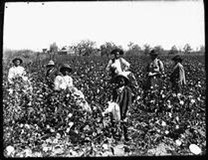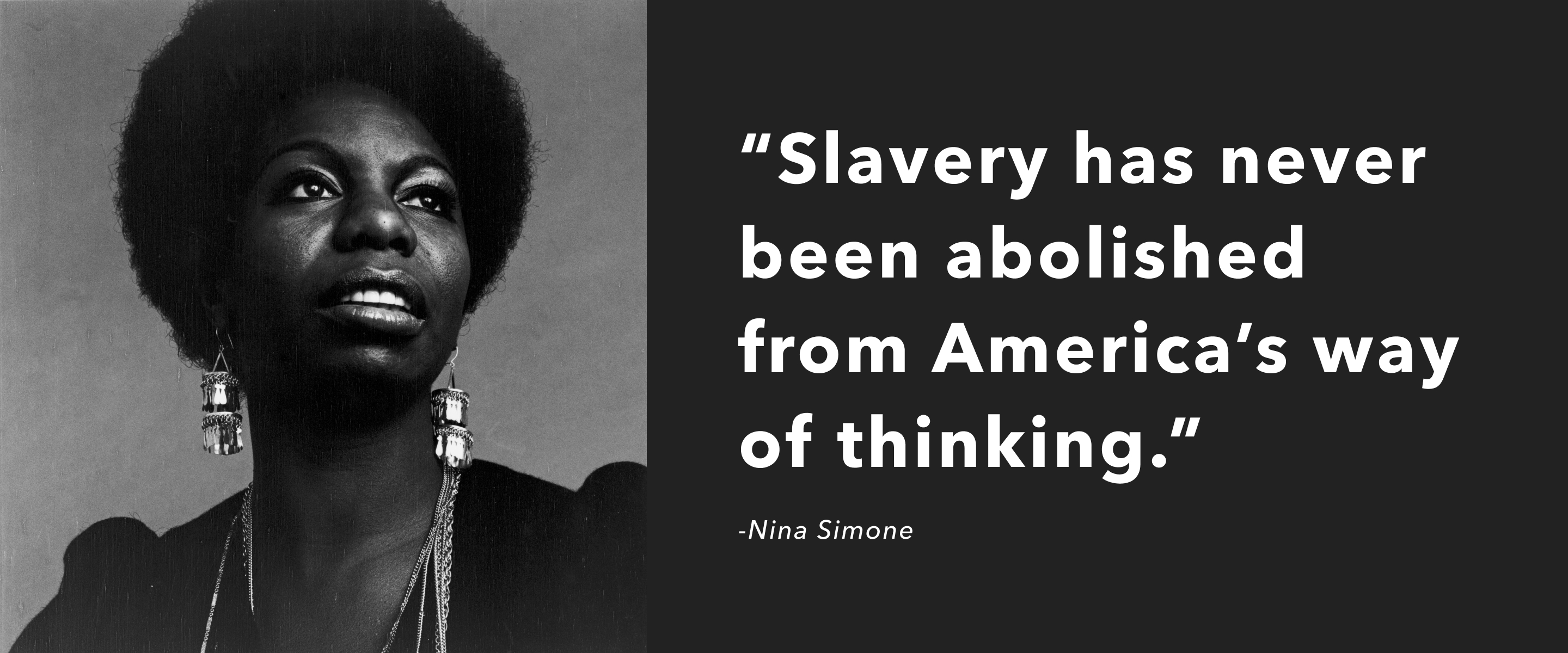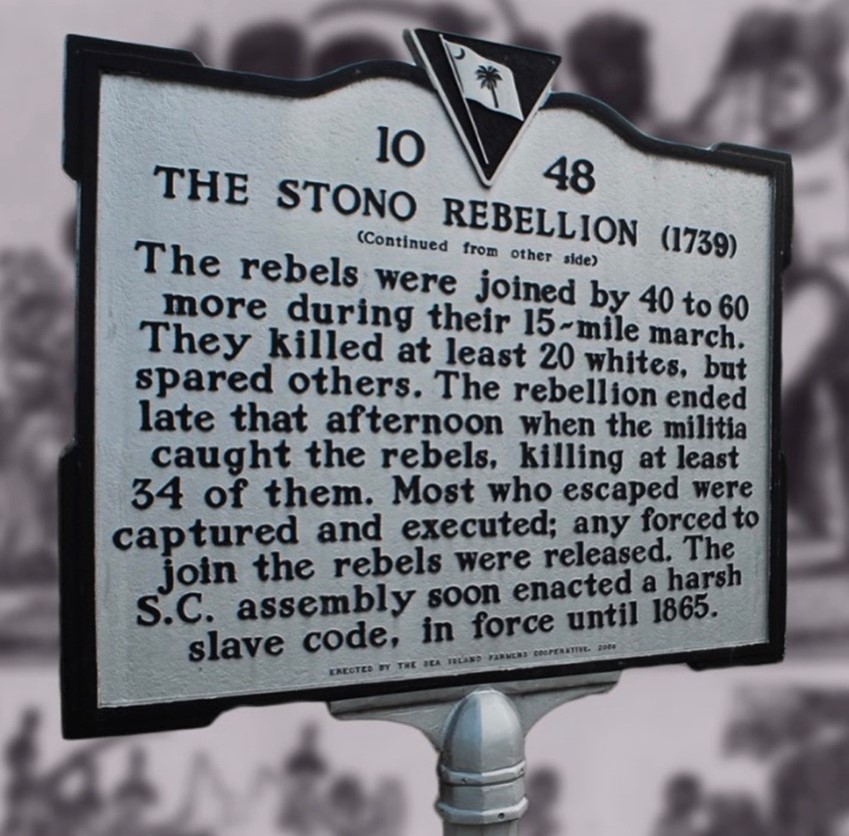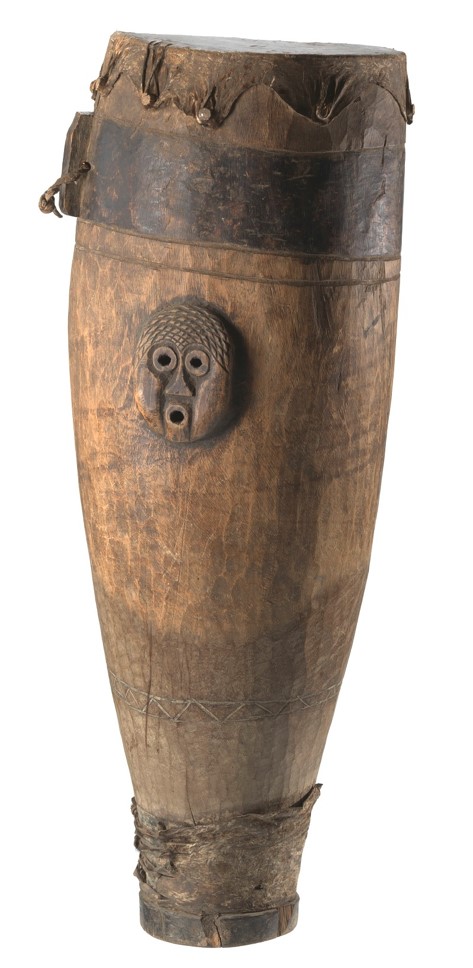
Resistance and Rebellion

The sufferings of Black people during slavery are too deep for words. That suffering did not end with emancipation. The violence and oppression of white supremacy took different forms and employed different means to achieve the same end: the subjugation of Black people. And Christian theology, for African Americans, maintained the same great challenge: to explain from the perspective of history and faith how life could be made meaningful in the face of death, how hope could remain alive in a world of Jim Crow segregation. These were the challenges that shaped Black religious life in the United States.
James Henry Harris)

Nina Simone, one of the most prominent voices of protest and resistance against the racial disparities in America, provides a perfect example of the African American folk song's dynamic cultural retentions in "If He Changed My Name" , a song born out of slavery which references the Biblical account of Jacob's night-long toil with an angel. By daybreak, the angel, having grown weary, says to Jacob: "Your name is now Israel; for you have struggled with God and with men, and have prevailed" (Genesis 32:28). With the same tenacity, we can witness a resurgence of this simple yet powerful song in the struggle for Civil Rights: "Jesus told me the police dogs would bite you if I changed your name."
Anyone under the control of a slave master who so blatantly profaned their beliefs would have questioned Christianity. To this end, John Lovell lends this profound quote:
It is now emphatically clear that for a century or more before 1867 there was an Afro American spiritual. It was and is an independent folk song, born of the union of African tradition and American socio-religious elements. It was affected to a limited extent by the American Christian evangelical tradition and the Anglo-American hymn, but not at all by the so-called white spiritual. Its creators were religious folk in the broad sense of the African, not in the narrow sense of the white spiritual Creator. They settled upon Christianity as a source for ideas and models only because Christianity was the nearest available, least suspect, and most stimulative system for expressing their concepts of freedom, justice, right, and aspiration. The one God of Christianity was not new to their centuries-old tradition; in their creative hands, however, he became a close associate.
(Lovell, 111)

A Group of Slaves Picking Cotton circa 1900

The slaves floundered often in unrealistic fantasy; he frequently witnessed the miscarriage of his finest hopes; he was seldom successful in making his complaints heard. But permeating even the confusion and ambiguity of his psyche was an imperishable mental stamina that would not allow the concession of defeat.
John Taylor

Sometimes resistance took the form of outright rebellion. Peter Wood, a former American History professor, Duke University, highlights several census records of colonial South Carolina, revealing that the slave population had outnumbered Whites by 1708. As the cultivation of rice remained in economic demand, slave labor grew even more harsh and extreme. It was a Sunday morning, September 9, 1739, when some twenty slaves, led by a man named Jemmy, seized a store of firearms and set off on a path of destruction near the Stono River, just south of Charleston South Carolina. With two drums and banners flying, he further records, as the crowd grew in number, they paused in a field and started dancing, singing, and beating their drum to encourage other slaves to join them. The slaves had ultimately hoped to reach St. Augustine, Florida, where the Spanish were offering freedom and land to fugitive slaves. However, they were captured and brutally killed by a militia band, some twenty-plus miles south of Charleston.
As a result of this rebellion, South Carolina imposed even more strict laws for the slaves. The Negro Act of 1740 contained an extensive set of statutes imposed upon the slave. Among them, slaves could not learn to read or write, nor could they assemble in large groups, and perhaps even more severe, it outlawed the drum.
However, the Gullah people living in South Carolina and Georgia's coastal regions evidence their resilience and commitment to their African heritage by developing their unique Gullah language. Wood confirms, "To cultivate a dialect few Whites could understand and be able to adopt a stance of incomprehension toward master's speech proved effectual elements of resistance"(Wood 1974, 188).
Dr. H. Beecher Hicks, Jr.
The oppressors required something that was of great value from the oppressed, only to make a mockery of their religion.
Steal Away to Jesus
My Lord, He calls me. He calls me by the thunder.
The Trumpet sounds within my soul. I ain't got long to stay here.








